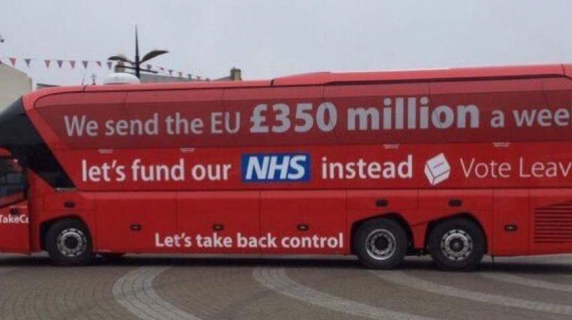DHSC allocated £21m to ‘make a success of Brexit’

The Department of Health and Social Care (DHSC) is getting an extra £21.1m to help it ‘make a success’ of Brexit.
The cash injection was announced by Treasury minister Elizabeth Truss as part of today’s spring statement.
Last autumn, chancellor Philip Hammond announced a two-year £3bn package for the Government to cope with Brexit, and this is the DHSC allocation for 2018/19.
Ms Truss said the division of the cash among 20 government departments was to help them ‘prioritise the essential programmes to realise the opportunities from EU exit’.
She said: ‘Making a success of EU exit is a priority for the Government and the Treasury.’
The Home Office is the biggest winner with £395m, while the Department of Digital, Culture, Media and Sport gets £26.2m and £12.7m goes to the Ministry of Defence.
Doctors’ leaders have already warned that Brexit could exacerbate the GP recruitment crisis. Last year 45% of doctors from the European Economic Area told the BMA they were thinking about leaving the UK because of the Brexit vote
NHS England’s chief executive Simon Stevens added his voice to the call for money in a speech to the NHS Providers conference days before last November’s Budget. He said the Vote Leave promises that the NHS would get an extra £350m a week needed to be honoured.
Mr Hammond gave the NHS £6.3bn new funding in his autumn budget – with £3.5bn to upgrade buildings and improving care and £2.8bn to improve A&E performance, cutting waiting times and treating more people over the winter.
Meanwhile, the BMA has warned that return to a hard border post Brexit could put the under-pressure Northern Ireland health system under more strain.
It said it could deter cross-border workers and make it harder to retain healthcare professionals in Northern Ireland, which already has a problem recruiting enough GPs.
BMA Northern Ireland Council chair Dr John D Woods said: ‘If we do not secure ongoing freedom of movement then we run a real risk that staffing gaps in Northern Ireland will increase. We already do not have enough doctors here, and a hard border could make that situation even worse.’
Pulse October survey
Take our July 2025 survey to potentially win £1.000 worth of tokens










